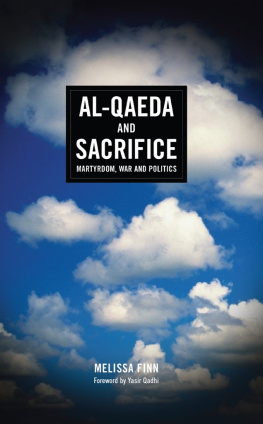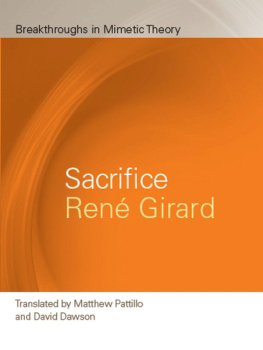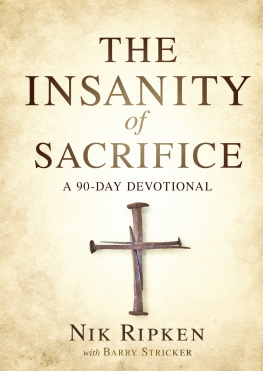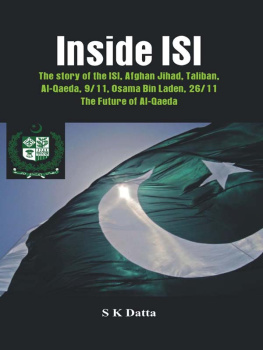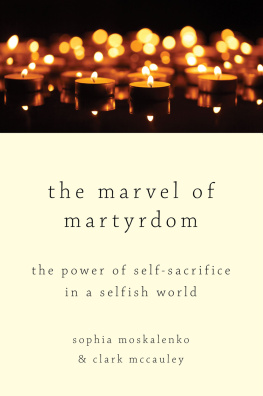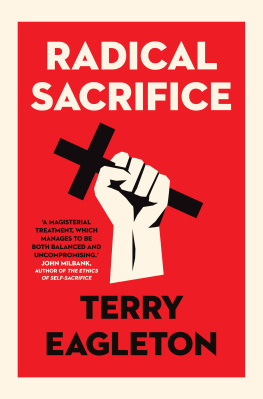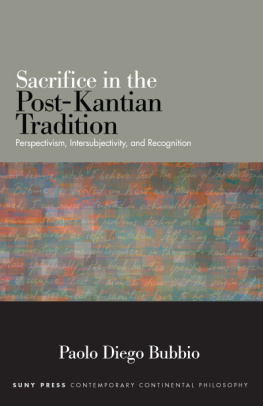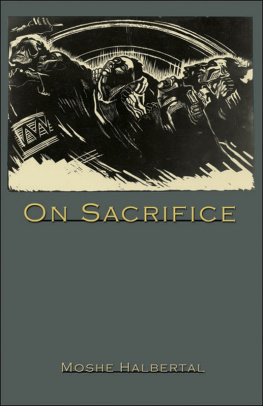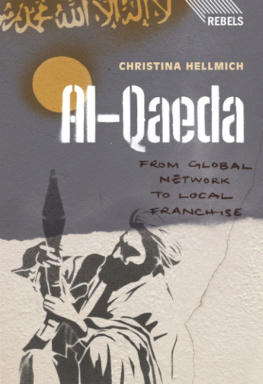First published 2012 by Pluto Press
345 Archway Road, London N6 5AA
www.plutobooks.com
Distributed in the United States of America exclusively by
Palgrave Macmillan, a division of St. Martins Press LLC,
175 Fifth Avenue, New York, NY 10010
Copyright Melissa Finn 2012
The right of Melissa Finn to be identified as the author of this work has been asserted by her in accordance with the Copyright, Designs and Patents Act 1988.
British Library Cataloguing in Publication Data
A catalogue record for this book is available from the British Library
ISBN 978 0 7453 3263 5 Hardback
ISBN 978 0 7453 3262 8 Paperback
ISBN 978 1 8496 4749 6 PDF eBook
ISBN 978 1 8496 4751 9 Kindle eBook
ISBN 978 1 8496 4750 2 EPUB eBook
Library of Congress Cataloging in Publication Data applied for
This book is printed on paper suitable for recycling and made from fully managed and sustained forest sources. Logging, pulping and manufacturing processes are expected to conform to the environmental standards of the country of origin.
10 9 8 7 6 5 4 3 2 1
Designed and produced for Pluto Press by Chase Publishing Services Ltd
Typeset from disk by Stanford DTP Services, Northampton, England
Simultaneously printed digitally by CPI Antony Rowe, Chippenham, UK and Edwards Bros in the United States of America
Preface and Acknowledgements

The inspiration for this book truly began when I watched Marie Fatayi-Williams plead on 11 July, 2005, for knowledge of the whereabouts of her son Anthony, who had been missing for four days and who was ultimately found to have been killed in the Tavistock Square bus bombing on 7 July, 2005, in London. In July 2005, Anthony Fatayi-Williams (the son of a Christian mother and Muslim father) was 26 years of age and so was I. He was my peer. Maries impromtu speech reminded all who witnessed it of the near universal pain of mothers around the world whose children are the unwilling victims of state and non-state terrorism, but whose pain would never have such a platform to be heard. Her words, her expression, her grief and her intensity have been with me for seven years as reference points for clarity of mind on a topic that so regularly clouds it. I frequently return to that image of Marie, standing bravely before the media in the face of her immense loss, for inspiration to write on such difficult subjects as war and terrorism. She implored people provoked by political grievance to find alternative outlets to express and give voice to their anger.
Terrorism is not the way, terrorism is not the way. It doesnt beget peace. We cant deliver peace by terrorism, never can we deliver peace by killing people. Throughout history, those people who have changed the world have done so without violence, they have [won] people to their cause through peaceful protest. Nelson Mandela, Martin Luther King, Mahatma Gandhi, their discipline, their self-sacrifice, their conviction made people turn towards them, to follow them.
Marie later explained how developing an international organisation for peace in her sons name was central to keeping Anthonys memory alive. Marie wrote a short piece on forgiveness and an excerpt from this writing is a haunting summary of one of the main purposes behind this book: mediation and dialogue.
We need to ask the question why. Only then will we be able to start the dialogue and start to create peace. The love I may have for these people is similar to the love that the late John Paul II had for his potential assassin Mohammed Ali Aga correctional love. If I were to meet anyone like the bombers, Id say, please can we talk? I am searching for a reason. If you dont know what makes the other person tick, how can you start to heal? Islam doesnt preach, Kill, and God will bless you, and those who say it does are distorting the word of the Holy Koran. But, even if people claim this, then rather than just condemning them, we should be asking where is this thinking coming from?
The idea of the importance of sacrifice to martyrdom operations (and of the failure of suicide bombing to be analytically interesting or explain where this thinking is coming from) came to me one day in a mini epiphany at a University of Waterloo library in March of 2007 (it had come to others many years before). Since that day, I have spent countless hours in conversation with my husband (my sounding board) on martyrdom in the Muslim world. His insights and clarifications on many key issues improved the book significantly. I am grateful for his support of this effort and for sustaining the mental drain of writing with fabulous food that drew fabulous company.
I would never have finished this work as quickly or as efficiently without the encouragement of my family including Michael, Holly and Sandy Finn, Helen Smith, Terry Fairhurst, Debra Kelly, the Smith and Finn extended families, Kamal Mansour, and the Mansour extended family, as well as meaningful exchanges with friends Zara Haque, Mateen Rokhsefat, Noreen Kassem, Roshan Jahangeer, Diane Fereig, Mahdi Tourage, Hena Tyyebi, Sylvia and Rick Holly, Arshavez Mozafari, Ilham and Shawn Thompson, Tacita Bastien and Charlene Smith. Many thanks to Deborah Shewell and Henry and Jack Gardner for their help and support.
Al-Qaeda and Sacrifice is based on my doctoral dissertation on the sacrificial subject. My Ph.D supervisor, Elizabeth Dauphine, was a dedicated and conscientious interlocutor. She read through the work in its many drafts with a fine-toothed comb and I am deeply indebted to her for her effort. Many of the right turns I took in writing this book were because of her unflagging direction and high standards. The spark for my direction in terrorism studies came from the mentorship of Engin F. Isin in the Fall of 2005. Engin provided the research assistantship that allowed me to dive headfirst into Islamic political philosophy. I am very grateful to Shannon Bell for her enthusiasm for my work and for dropping thought-provoking ideas at critical junctures. This book was vastly improved by my various dialogues with people through questions that were answered, ideas that were exchanged, and clarifications that were made including, but not limited to: Shannon Bell, Wanda Krause, Jasser Auda, Adel Fakih, Abdullah Hojaij, Jim Keeley, David Mutimer, Walid El-Khachab, Richard Jackson, Christina Hellmich, Ahmed Elewa, Chris Anzalone, Yasir Qadhi, Stefanos Kourkoulakos, and Anna Agathangelou. Ahmed Elewa, Adel Fakih and Abdullah Hojaij kindly proofread through the sections on Arabic etymology and corrected a few of my mistakes. Walid El-Khachab also proofread the etymology section and encouraged me to analyse irhab. Thank you to Yasir Qadhi for backing this work with such a moving foreword. Christina Hellmich provided me with much food for thought and critical review in the final stages of manuscript preparation.
The substantive comments I received from anonymous reviewers during the manuscript proposal stage helped me to streamline the content and clarify my approach. I have learned a lot about the subject matter of this book from the courses I have taught at Wilfrid Laurier University and York University, and from my amazing students whom I cherish. I was nurtured throughout the 201112 academic year by the administrative faculty and staff in Department of Political Science and the Department of Global Studies at Wilfrid Laurier University. In particular, I am grateful to Dejan Guzina, Sherry Palmer, Heather Vogel, Alistair Edgar, John Boye Ejobowah and Nancy Forde for their kindness.

